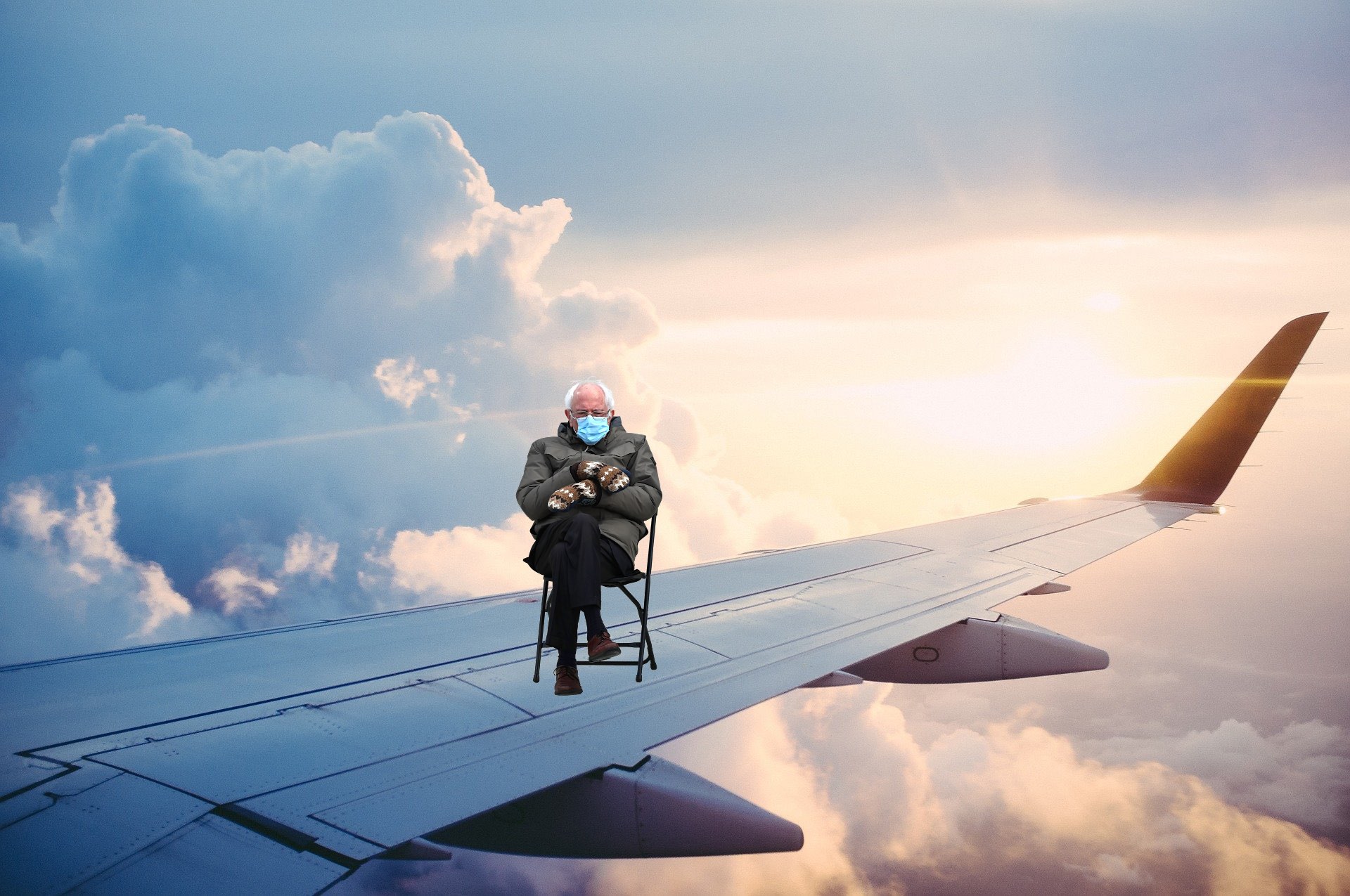
In a huge and unquestionably positive development for travelers, major U.S. airlines have eliminated change and standby fees. Will a practical effect of this new policy be an uptick in oversold flights and airline bumps?
Light Airline Loads Are A Present Reality, Not A Future One
Despite dramatically reduced schedules, we are in an unprecedented era of light loads. Certainly, flights still go out full from time to time. But for nearly a year now, I have not been on a full flight. In fact, the majority of my flights have had more EMPTY seats than occupied seats.
With a gradual rollout of the COVID-19 vaccine and broad travel restrictions (both government and corporate) in place, I expect light loads well into the summer and perhaps even longer.
Still, airlines are getting better at gauging demand and whether travel returns to pre-pandemic levels or not, airlines will improve at matching capacity with actual demand. Either way, don’t expect empty flights indefinitely.
An Environment Ripe For Overbookings
But U.S. airlines have created an environment ripe for overbooking. Think about it. Prior to the pandemic, if you wanted to change your flight you’d be hit with a fee of $200-400 plus any fare difference. Even same-day standby cost at least $75.
Consequently, passengers were not incentivized to make changes to their tickets. That left airlines less aggressive in overbooking flights, as the disincentive of change fees drove many to take their originally planned flights.
But when travel demand eventually returns and flights fill up again, airlines will have to reckon with the fact that consumers can now cancel their ticket up until departure and retain the full value to apply toward a future flight.
One byproduct of this flexible policy will likely be an uptick in last-minute cancellations by customers. With no money to be saved by cancelling early and the potential benefit of a flight delay or cancellation leading to a refund (versus future travel credit), I forecast that last-minute cancellations will swell.
Overbookings Still Make A Great Deal Of Sense
How should an airline plan for that? Overbooking flights has always been a business decision reflecting chance. It is grounded in solid statistical analysis that a certain number of passengers on an aircraft will not show up. By selling four extra seats by banking on four people not showing up, an airline increases its revenue.
Of course models just predict and outliers arise. Enter voluntary and involuntary denied boarding situations. I predict we will see an uptick in denied boarding situations once travel resumes in full. Ultimately, new forecasting models will better anticipate customer behavior, but in this era of uncertainty, with so many variables, pre-pandemic models likely no longer apply.
New DOT Rules Tighten Consumer Protections For Oversold Flights
At the same time, new DOT rules tighten consumer protections surrounding involuntary denied boarding situations.
On April 21, 2021, consumer compensation will increase. Passengers bumped from a fight against their will be entitled to $775 or 200% of ticket price for delays of two hours or less (four hours or less on international flights) and $1550 or 400% of ticket price for delays over two hours (over four hours on international flights). Previously, those compensation limits were $675 and $1350 respectively.
Furthermore, airlines must now notify passengers that a cash option is available for giving up their seat (versos simply a voucher or miles).
CONCLUSION
The era of no-penalty flight changes will lead to more passengers skipping or cancelling their flight, often at the last minute. This will incentivize airlines to overbook flights, even though compensation for involuntary denied boarding situations will increase in April. Hopefully the confluence of factors will move airlines to offer even more generous compensation for voluntary denied boarding in the months ahead.
Do you think the lack of change fees will lead to oversold flights?




My guess is that as we head back towards normal these fees are going to come back. Especially when you start thinking about all the games that people will be able to play when there are no change fees and no charges for same day standby.
I think 121Pilot is likely right, and the fees return once demands ramps up to normal-ish. That being said, even if they don’t, the issue you bring up will likely be a temporary imbalance until the no-show prediction algorithms adjust to the new reality. Maybe there’s an ugly month or two but that’s probably about it. My guess is the airlines actually err on the side of caution and limit the number of oversold seats until they get 60 days or so of data. I really don’t think the airlines are going to want to deal with the PR of “thousands of travelers left stranded” due to bumping…
I fly weekly, and I just don’t see these empty flights everyone is talking about. DFW, MIA, CLT, ATL seem like business as usual. Is the South really operating that differently than the rest of the country?
For goodness sake, I didn’t clear and was #4 on the upgrade list leaving Atlanta on Tuesday. That’s a business market on a slow day in January. I’m an EXP that actually requalified in ’20, so my 12 month EQDs are high. They were even asking for volunteers to bid on bumps in the app.
AA seems to be the exception. I noticed that in DEN at the AA concourse. Packed. United concourse, not so much. Almost all of my flying is on United, though my LHR-JFK-LAX AA flights were empty.
Southwest has no change fees, and they somehow get by…quite successfully.